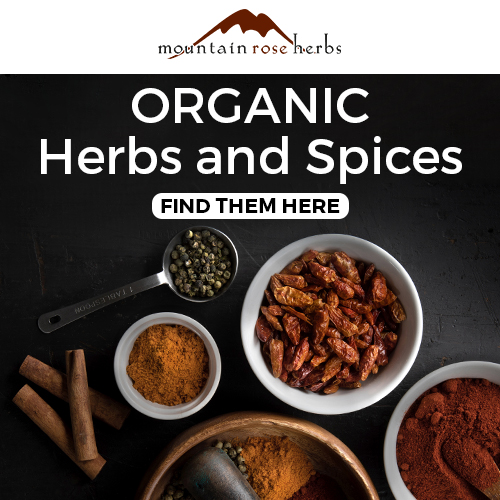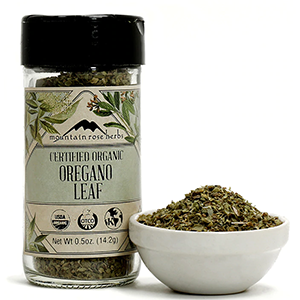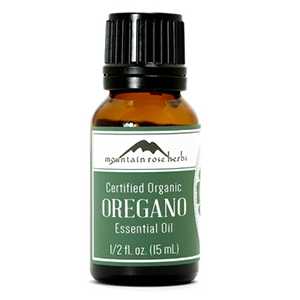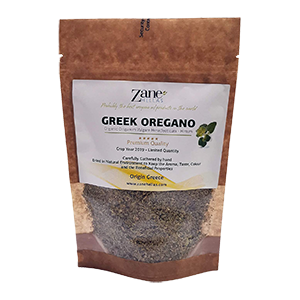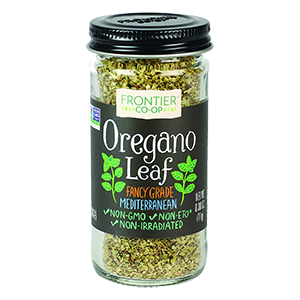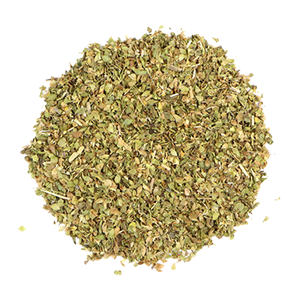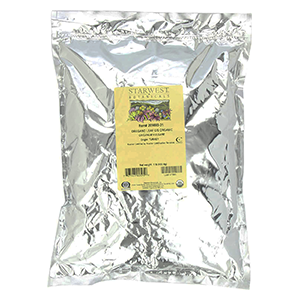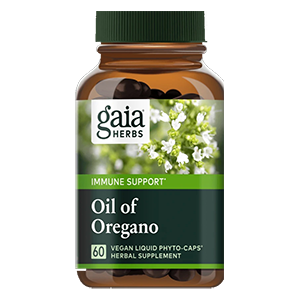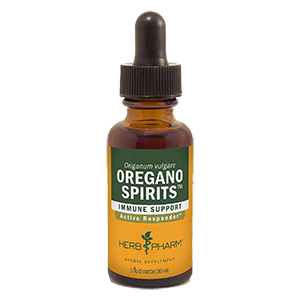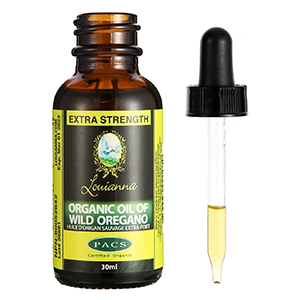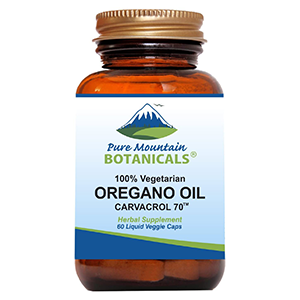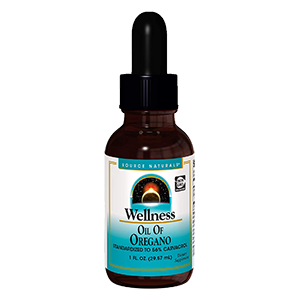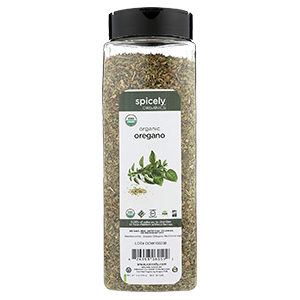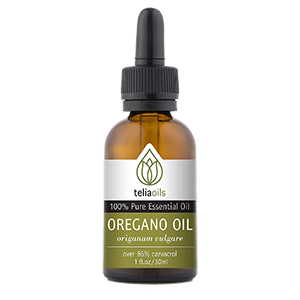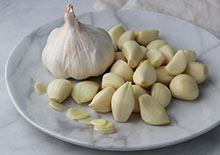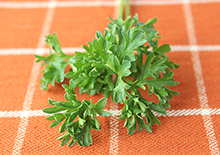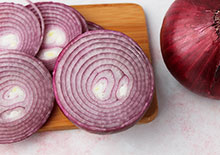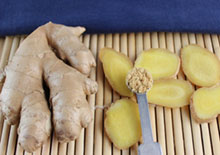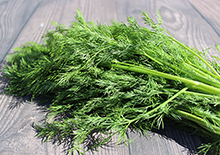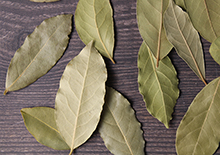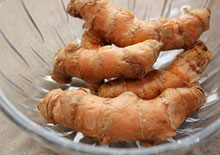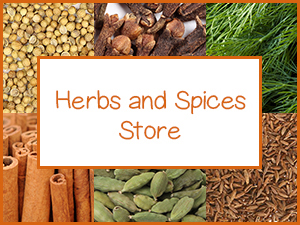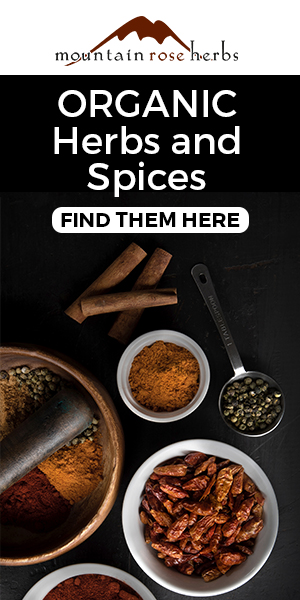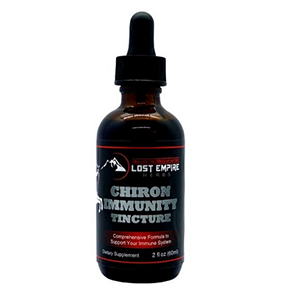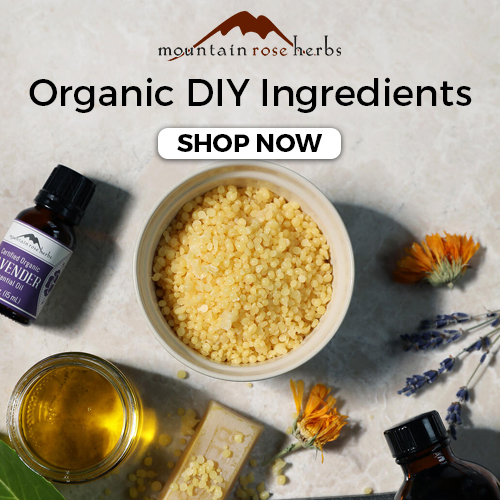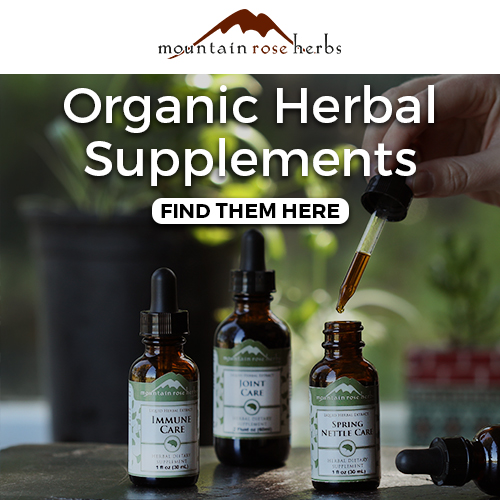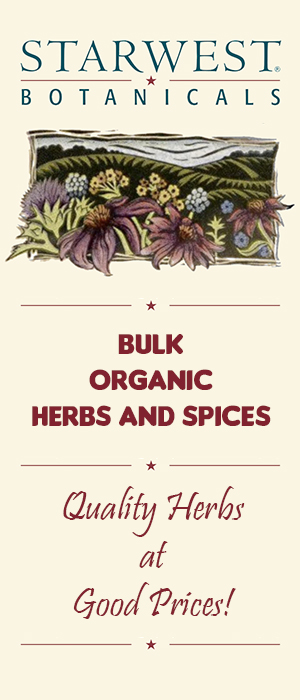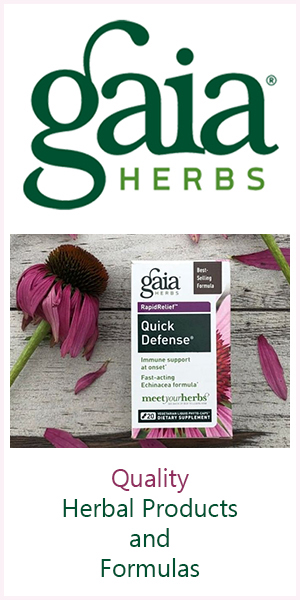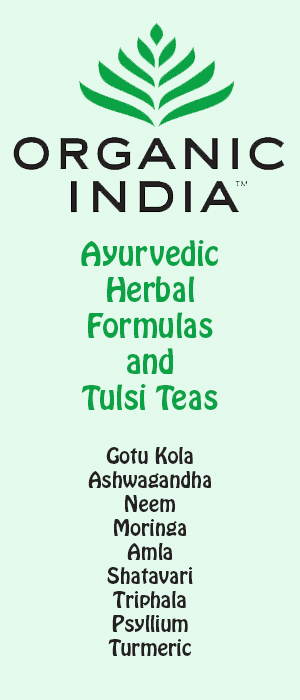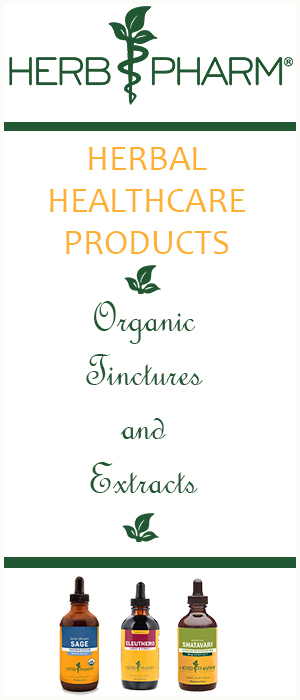- Home
- Herbs and Spices
- Benefits of Oregano
Benefits of Oregano, Uses of The Herbal Spice and Oil
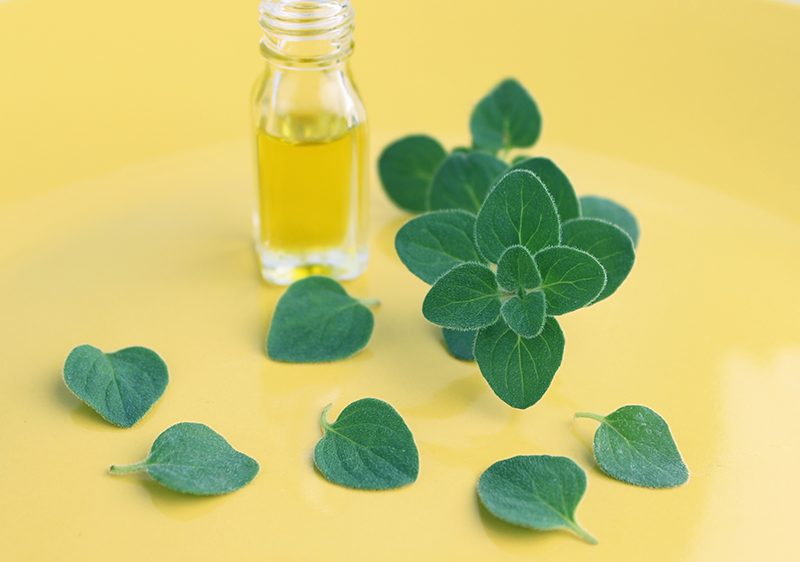
Oregano is known for its bitter-sweet peppery taste that is popularized for its use as an Italian seasoning. However, there are some very good reasons to keep this potent herbal ally in your medicine cabinet as well as your kitchen spice rack.
But first, what is oregano?
The main species Origanum vulgare is also referred to traditionally as "wild marjoram" and is related to but not the same as the sweet marjoram Origanum majorana species, which lacks the main essential oils of oregano.
Table of Contents
What is Oregano? | What Makes Oregano So Potent? | Top 3 Benefits | How to Use | Precautions | Shop
Both come from the family of mints along with other favorite leafy aromatic herbal spices like thyme, rosemary, and sage.
The genus name Origanum is derived from the words oros and ganos meaning "mountain joy" which is proposed to describe the beauty and abundance of wild flowering oregano on mountainous rocky hillsides.
The herb in fact has been historically viewed as a symbol of joy across many folk traditions, used in rituals celebrating joyous occasions or energetically utilized to help generate joyous feelings in one's life.
Within the genus Origanum, there are several different types native to regions of the Mediterranean. (*)
Mediterranean oreganos are known for their spicy robust flavor and aromatic potency. Sometimes a good quality oregano, like the Greek variety, can be so pungent that it actually numbs one's tongue. The main Greek species is Origanum vulgare hirtum (formerly Origanum heracleoticum) and often distinguished by its dense hairy gray-green leaves and white flowers.
The species Origanum onites is likewise another type of oregano often utilized by many herbal spice brands and is common to Mediterranean locations of Sicily, Greece, and Turkey.
Typically, non-Mediterranean species are less-dense large leaf varieties of the Origanum genus and considered to be less optimal for culinary use due to their bland taste.
Most standard dried oregano spice sold in markets is labeled using the generic term "Mediterranean" to make the quality distinction.
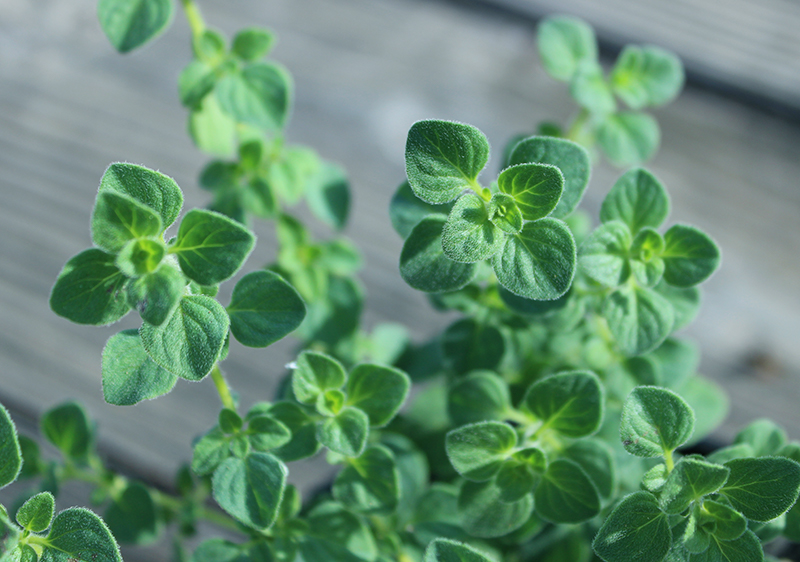
What Makes Oregano So Potent?
The fine hairs on the leaf and stems are an indicator that it is a true Mediterranean species. These hairs help to shade the leaf surface, reduce water loss, enable it to withstand hot dry climates, and most importantly help the plant to accumulate the natural protection of phenolic substances.
Mediterranean oregano loves lots of direct sunshine. This sunlight energy additionally helps to develop and concentrate the rich array of volatile essential oil content found in the leaves. Along with fixed oils, phenols, and flavonoids, this component is responsible for the plant’s fragrance as well as contributes to oregano's many health attributes.
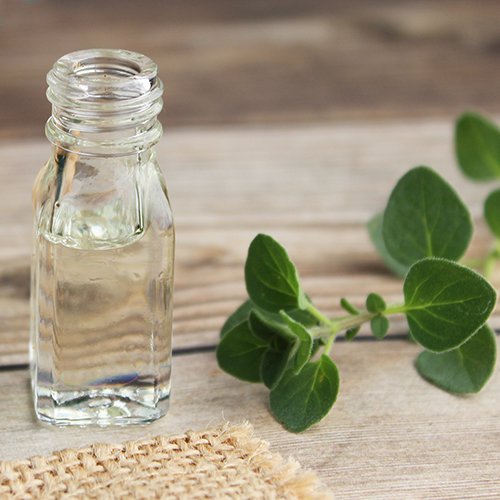
While ratios of chemical constituents may vary widely depending on
plant genetics and where it is grown, the two main active monoterpenoid
phenols are CARVACROL and THYMOL, also found in black seed oil
and the herb thyme. Oregano oil may also contain terpinene, rosmaric
acid, p-cymene, linalool, caryophyllene, and many other compounds. (Source)
The leaves when low-temp dried tend to preserve a good amount of these natural components. In addition to using the fresh or dried leaves, the oregano plant material is also distilled to concentrate its essential oil content.
Likewise, the naturally occurring oils in oregano can also be solvent extracted to condense all compounds that are oil based. Quality supplement brands utilize supercritical CO2 extraction methods to avoid the use of harsh chemicals.
Products commonly called "oil of oregano" can either be prepared encapsulated extracts or sold as liquid drops for internal use. Frequently dietary supplements are blended with other ingredients and/or diluted with olive oil producing a golden color. Pure oregano essential oil is a clear color and should never be consumed directly.
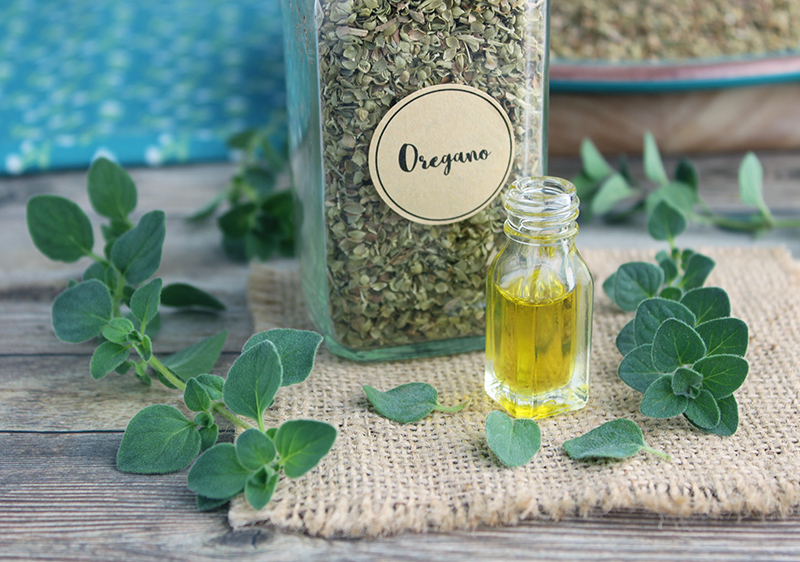
Top 3 Benefits of Oregano Leaves and Oil Products
1) Antibacterial, Antifungal, and Antiviral Benefits
2) For Digestive and Immune Support
3) For Respiratory Health
1) Antibacterial, Antifungal, and Antiviral Benefits of Oregano
Oregano and its aromatic oil content has been known throughout human history for its antimicrobial and disinfecting influence.
The main oils, carvacrol and thymol are the primary components identified by science to have strong antibacterial, antifungal, and antiviral properties.
For internal use, oregano herb extracts and oil of oregano herbal
supplements can be taken to concentrate these qualities. They are in
fact a popular natural alternative sometimes utilized for conditions
like candida or parasitic infections as they have been claimed in research to kill or inhibit the growth of pathogenic intestinal microbes.
Oregano
essential oils and their germ-fighting effects are also commonly used
in essential oil diffusers to help purify the air and may also be used
in DIY sanitizer sprays.
Oregano leaves, of course, can also
be added to the diet as a spice seasoning or the fresh herb can be
infused into vinegar or olive oil for several days to impart its flavor
as well as potentiate its health attributes.
Again, it is best to use a Mediterranean or Greek oregano as these types contain a "high concentration of carvacrol", according to many sources like The Herb Society of America, hence its intense flavor profile. (Source)
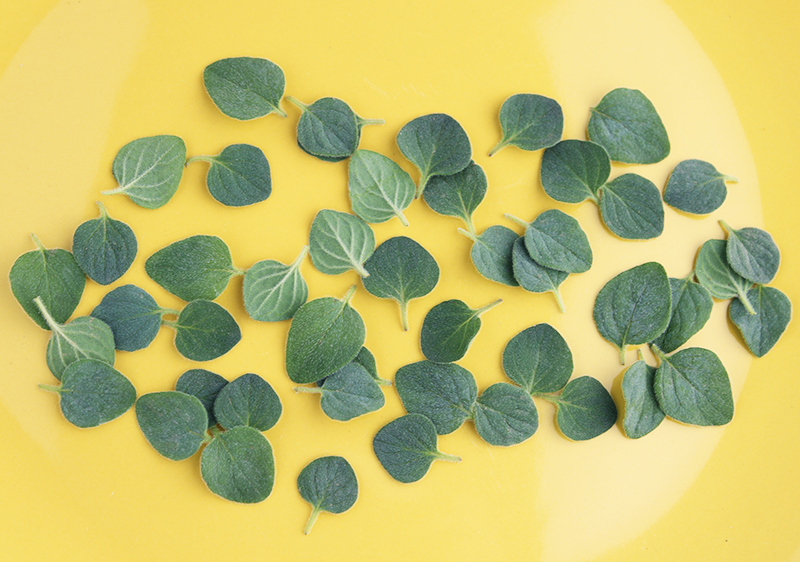
2) Benefits of Oregano for Digestive and Immune Support
One of the lesser-known uses of oregano is as a digestive herb. This is mostly due to its spicy warming qualities and slight bitter-sweet flavors, which are taste characteristics of both carvacrol and thymol.
Herbal extracts, powder, or capsules might be an option to consider for stomach upsets or indigestion after or in between meals. As a digestive spice, the dried or fresh herbs can be sprinkled over foods or can be kept handy as a tabletop jar seasoning.
Oregano and its phenolic acids and flavonoids likewise offer antioxidant, antibacterial, and anti-inflammatory support for a healthy gut microbiome as well as its linked connection to optimal immune functions. (*)
An oil of oregano supplement can be a good personal care alternative to have in your botanical medicine cabinet to take at the onset of a cold or flu to help fight off pathogens.
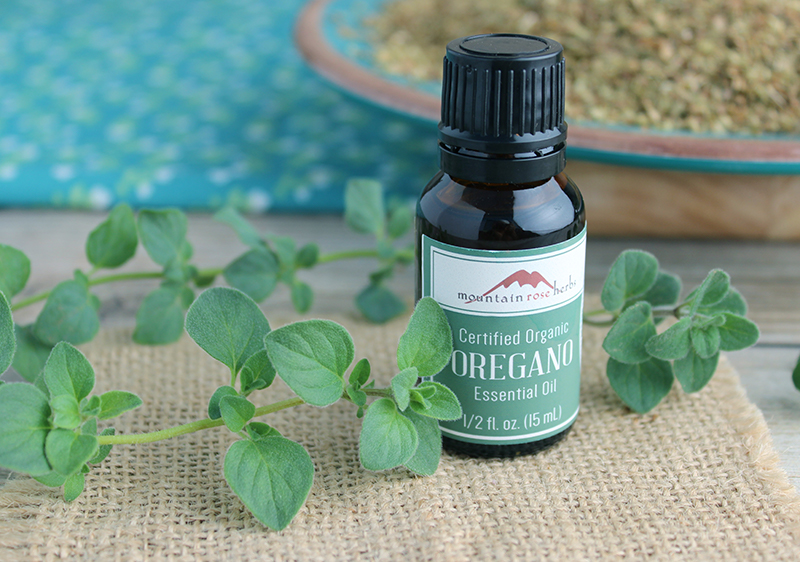 This website is a paid sponsor of Mountain Rose Herbs. However, opinions expressed here are completely our own.
This website is a paid sponsor of Mountain Rose Herbs. However, opinions expressed here are completely our own.3) Benefits of Oregano for Respiratory Health
One of the most basic ways oregano leaves and oils have been used historically is for respiratory issues.
While most people only think of oregano as a standard household kitchen spice, aside from that... it can be a potent herbal ally. And, like sage, it is consumed in some folk traditions as a herbal tea for its therapeutic support.
Teas can be helpful for coughs, sore throats, nasal congestion, and breaking up phlegm.
To make a cup of oregano tea, infuse one tablespoon of fresh or one teaspoon of dried leaves into hot water and let it steep for 10 minutes. We highly encourage growing your own oregano as a culinary plant so you have the fresh leaves readily on hand when you need them.
Herbal respiratory steams using the fresh plant material can also be used for oregano's fragrant sinus-clearing qualities. Likewise, a drop of high-quality essential oil on a face mask or in an air diffuser can also provide similar benefits.
The essential oil makes a great addition to homemade DIY vapor rubs due to its thymol content; an ingredient also found in popular commercial vapor rub products.
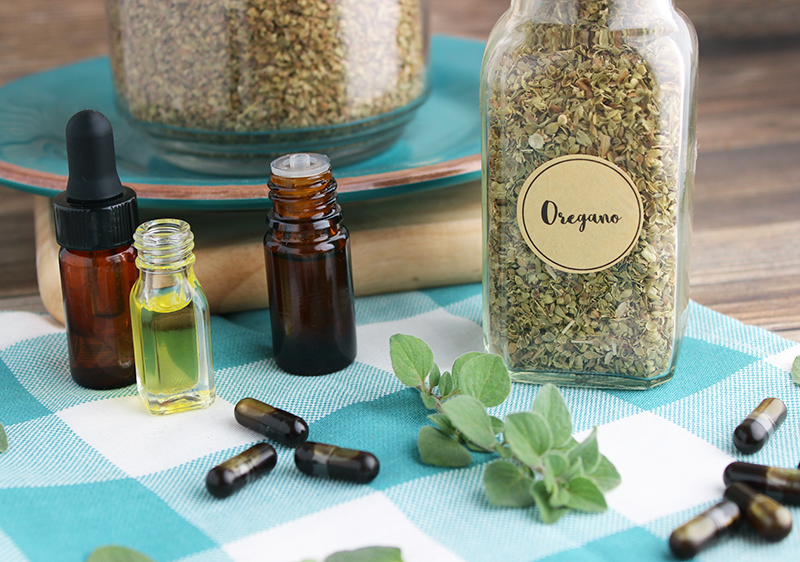
How to Use
Oregano is traditionally used to flavor a variety of savory foods. Most famous for its use in Italian cuisine like tomato sauce and as a pizza spice topping, it is also utilized worldwide in many different cultural dishes, soups, stews, stocks, salads, and is well-used as a meat seasoning.
A jar of straight dried oregano can be a valuable herb to have in your spice rack, not just as an ingredient in Italian herb blends. While it is often combined and goes well with other herbal aromatic varieties, to truly appreciate its unique flavor we encourage using it from time to time as a primary food and salad seasoning.
The leaves can be steeped as a tea or concentrated leaf extracts and tinctures are also available.
Oil of oregano is sold as an herbal supplement usually containing a certain amount of both carvacrol and thymol, with quantity indicated on product labels. Again, we only recommend taking oregano oil products that are intended for oral use. They are commonly available as soft gel capsules or as liquid drops. Straight oregano essential oil should never be used internally as it is too concentrated.
Keep in mind, oil of oregano as a prepared dietary supplement is for intermittent use not to be taken on a regular basis and usually not more than 10 days in a row or as directed on product labels.
Precautions:
The benefits of oregano leaves and oil supplements should be avoided during pregnancy. Consult a qualified healthcare provider before using oregano or oregano oil if you are nursing, have a serious medical condition or are taking prescribed medications.
Shop Related Products (About Affiliates & Amazon Associate Paid Links)
Affiliate Disclaimer: This section contains affiliate product links. If you make a purchase through our recommended links, we receive a small commission at no additional cost to you. Thanks for the support.

